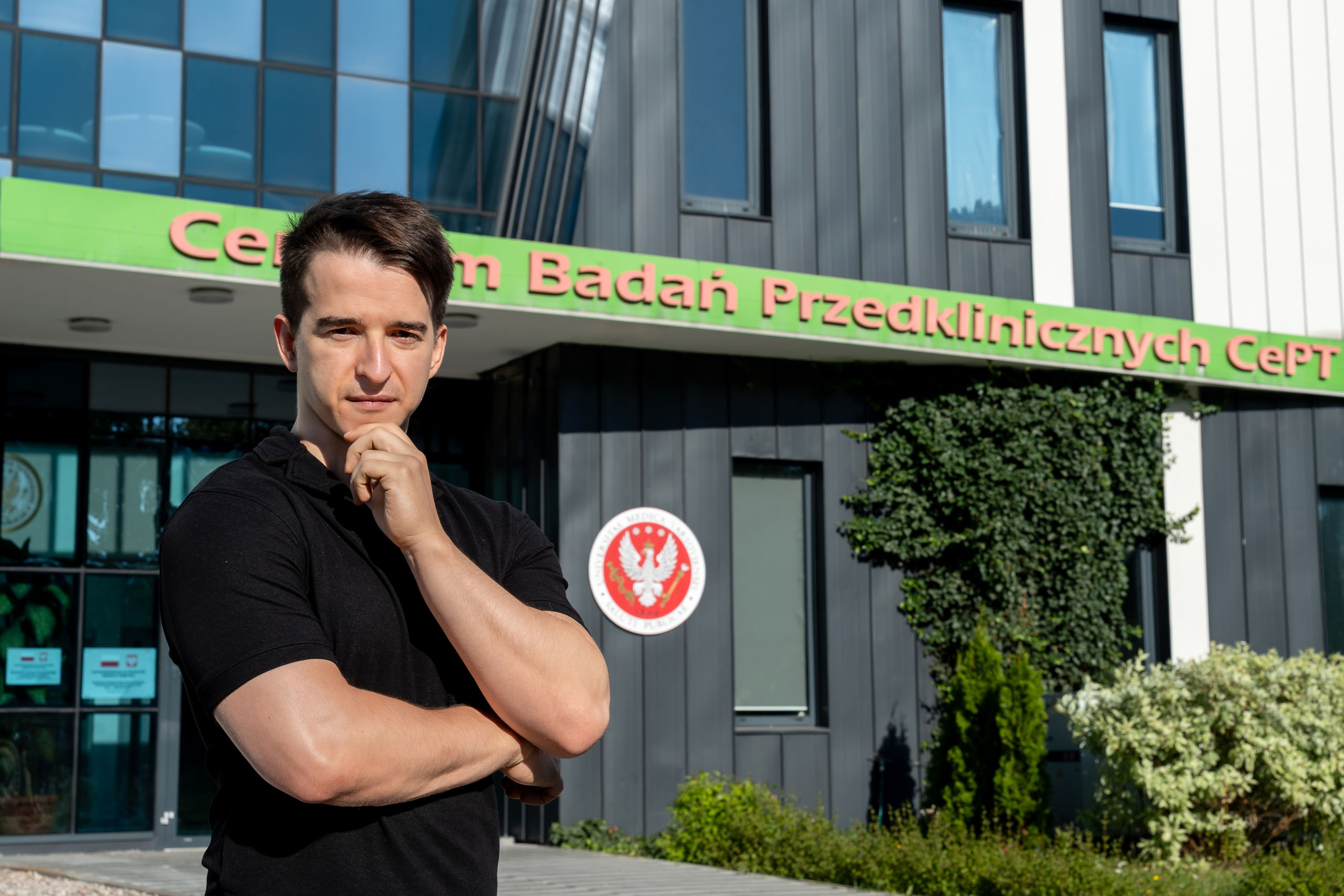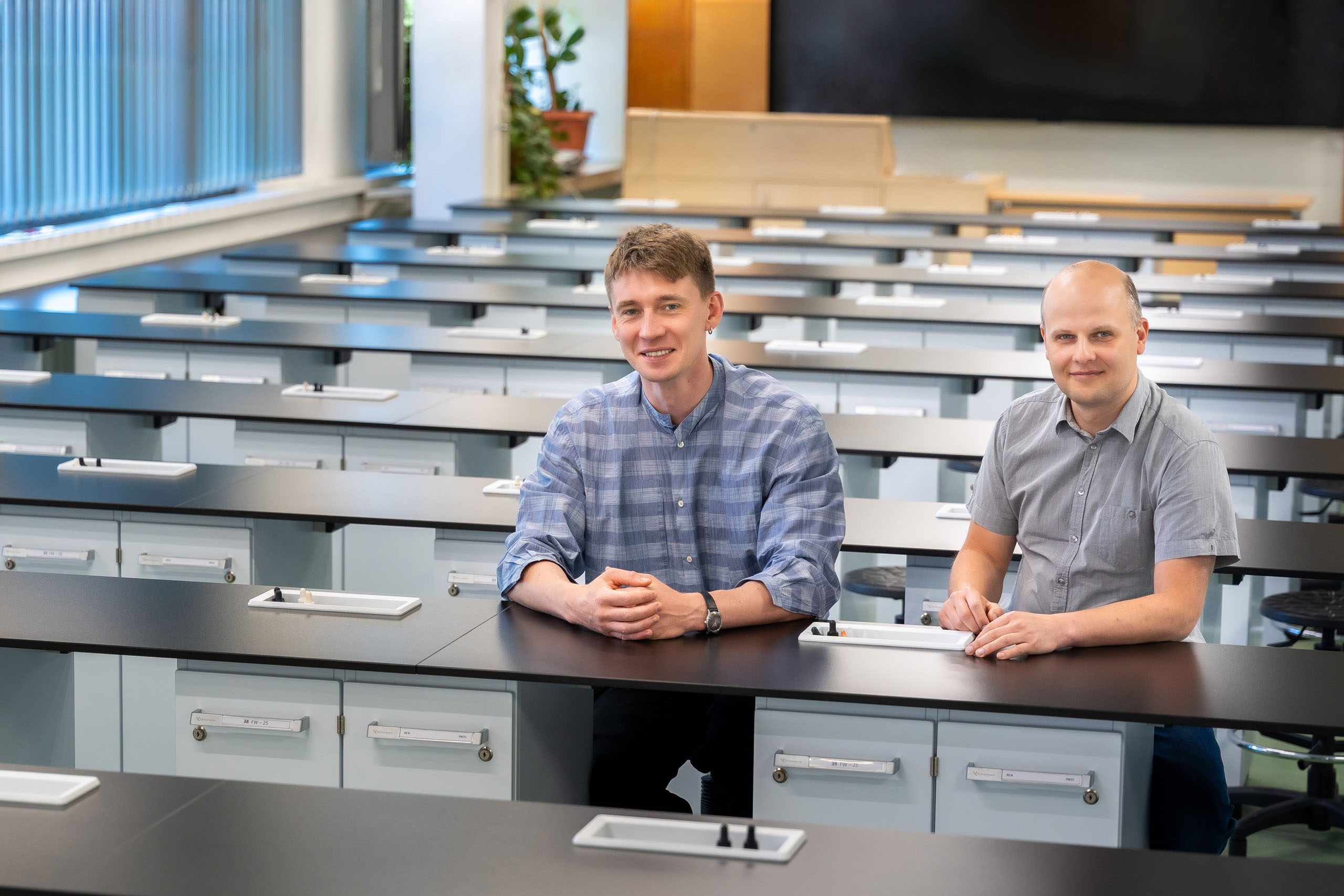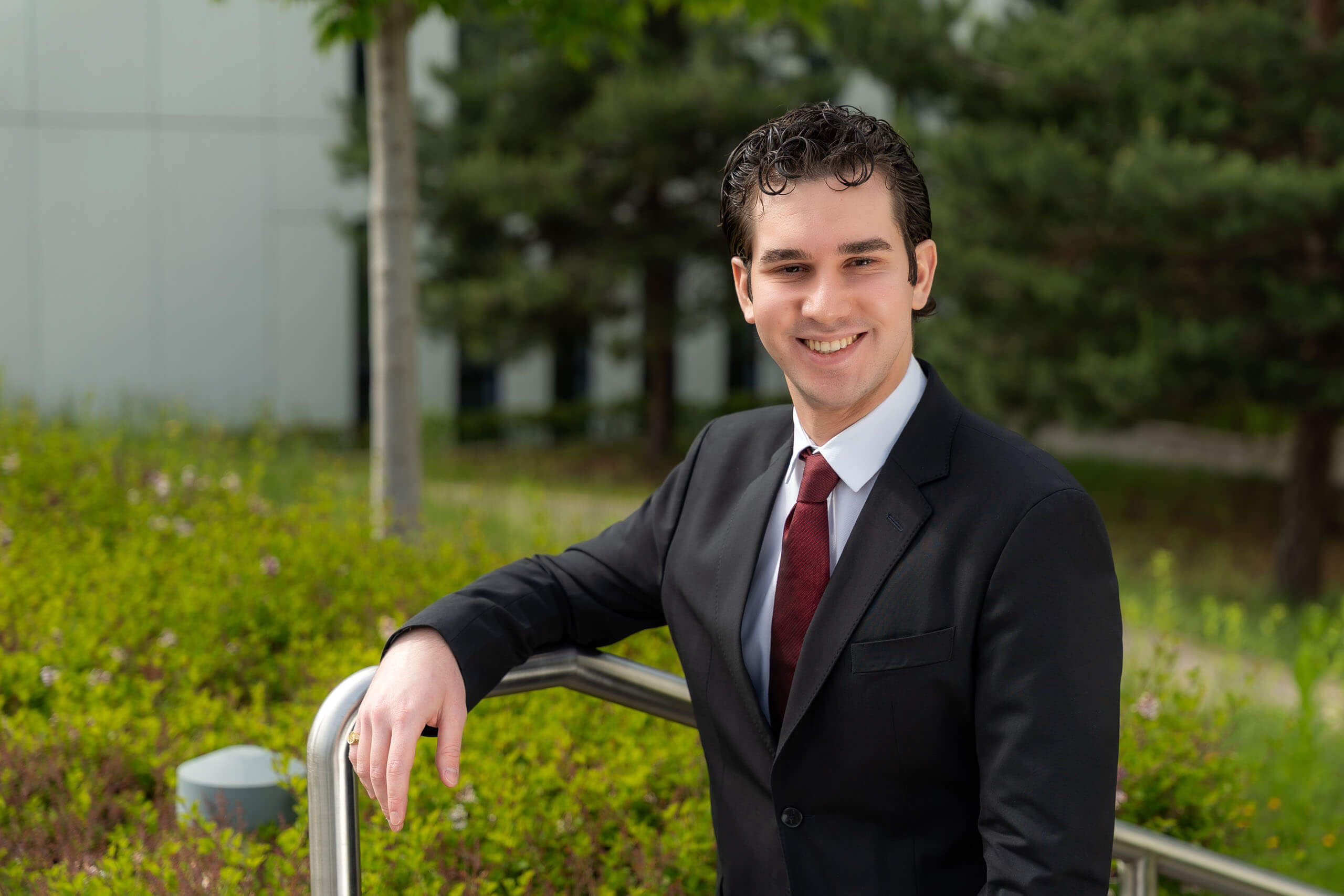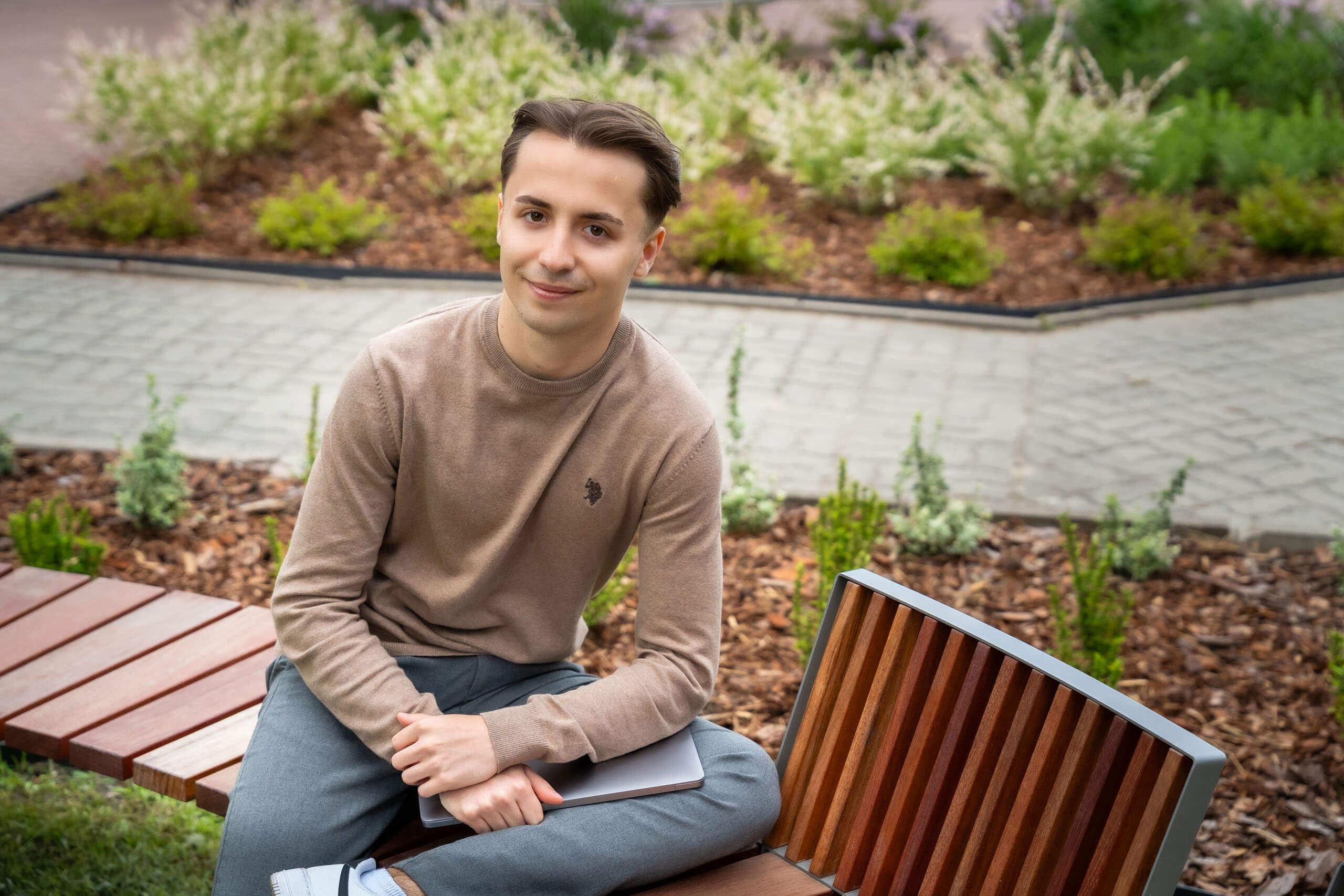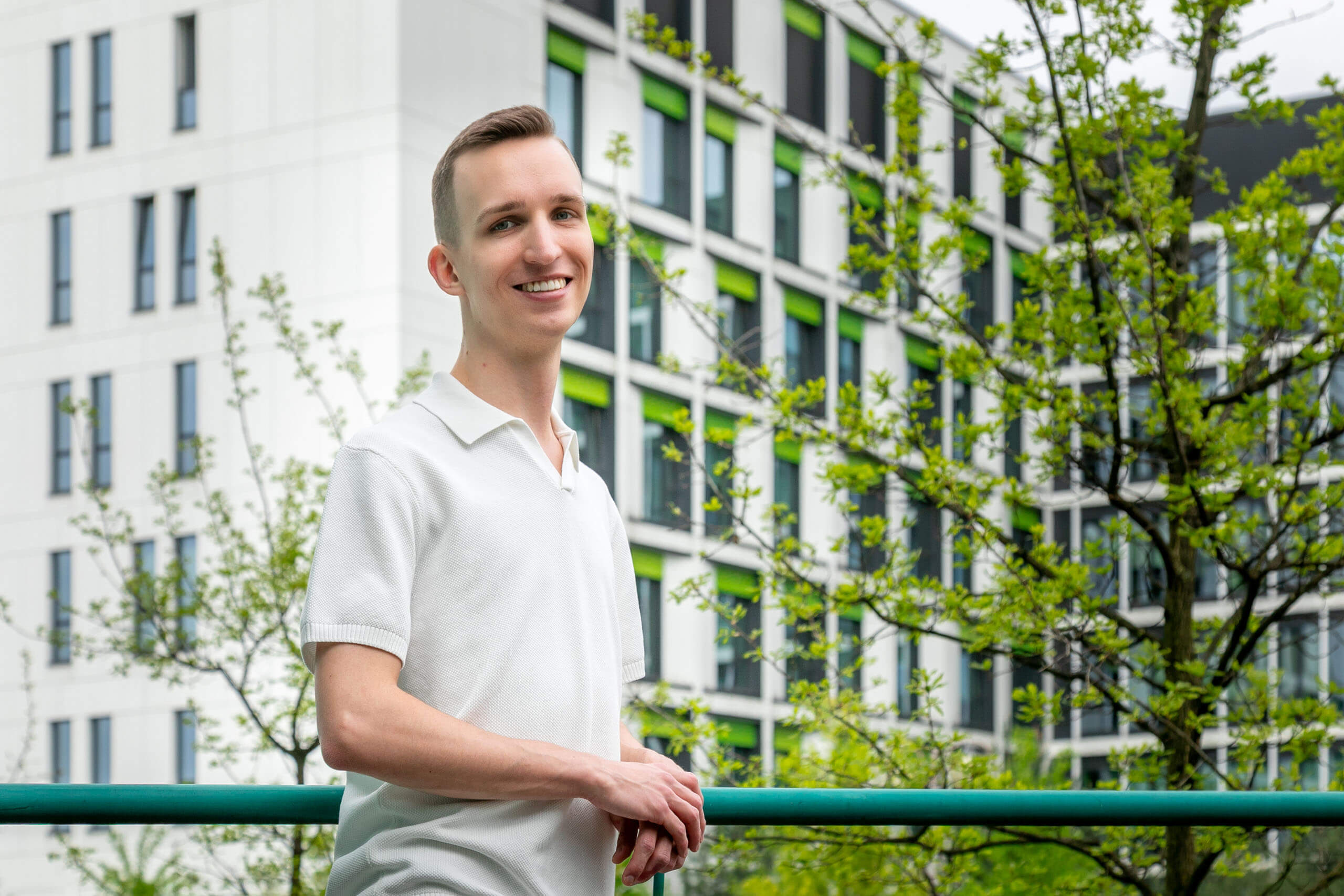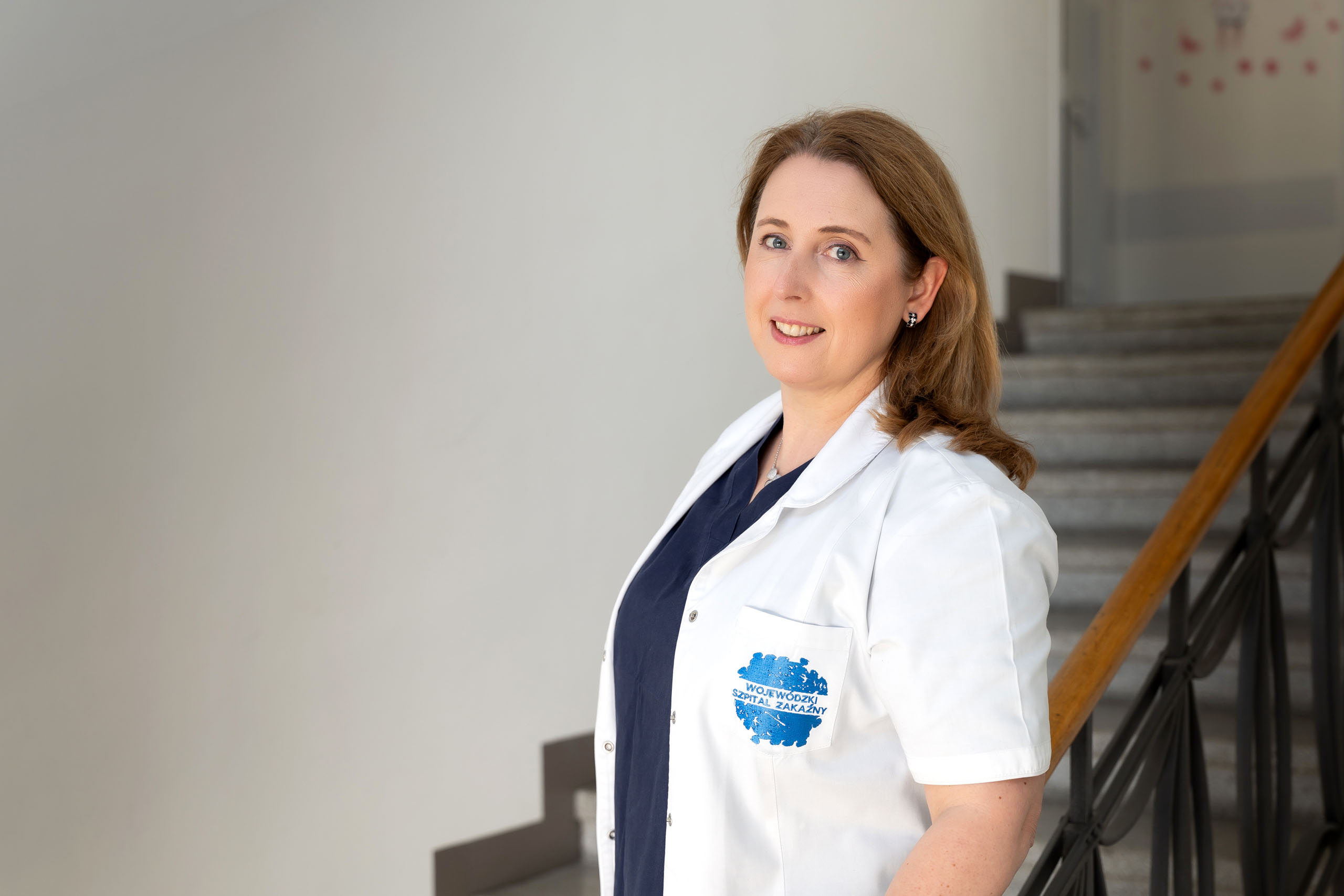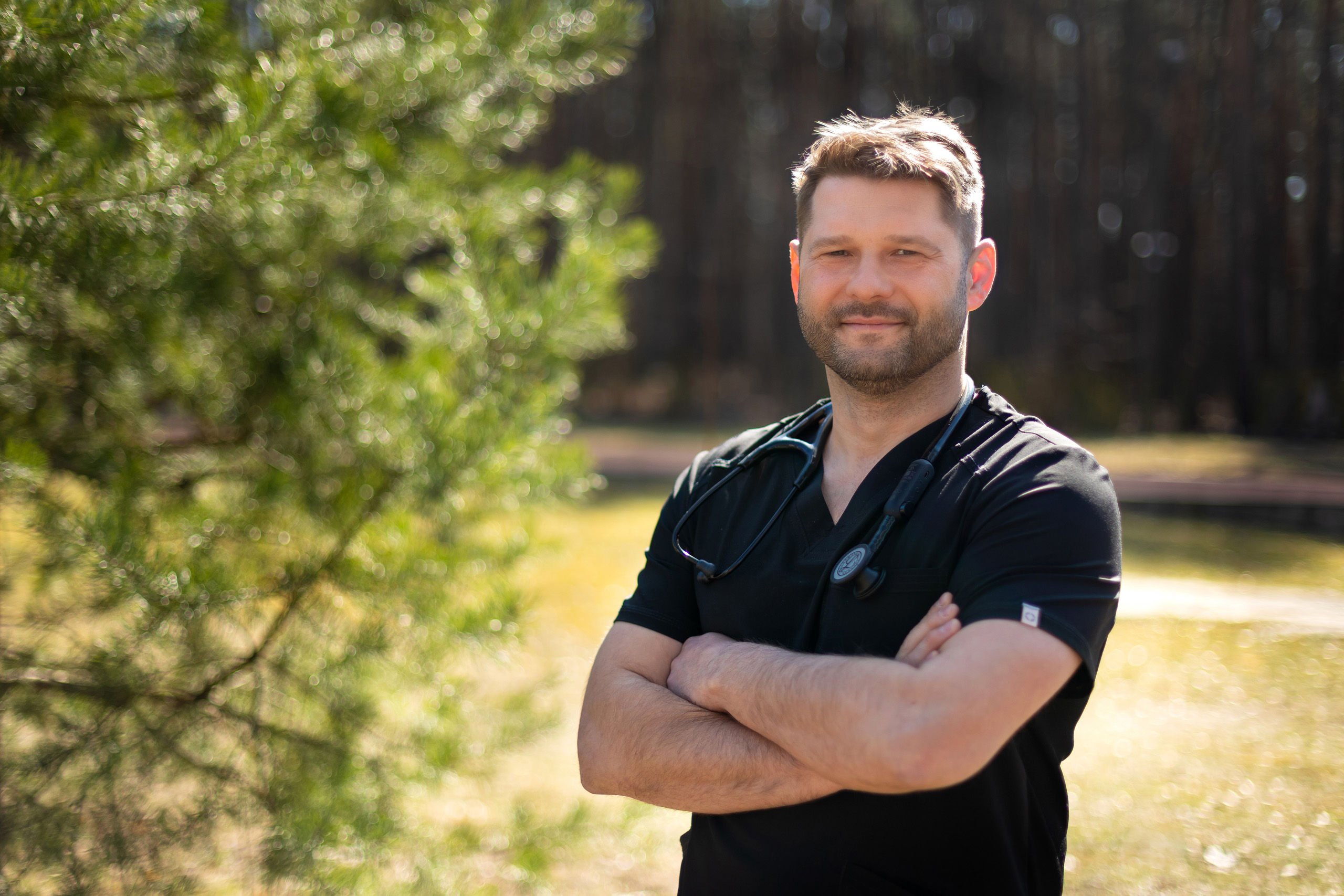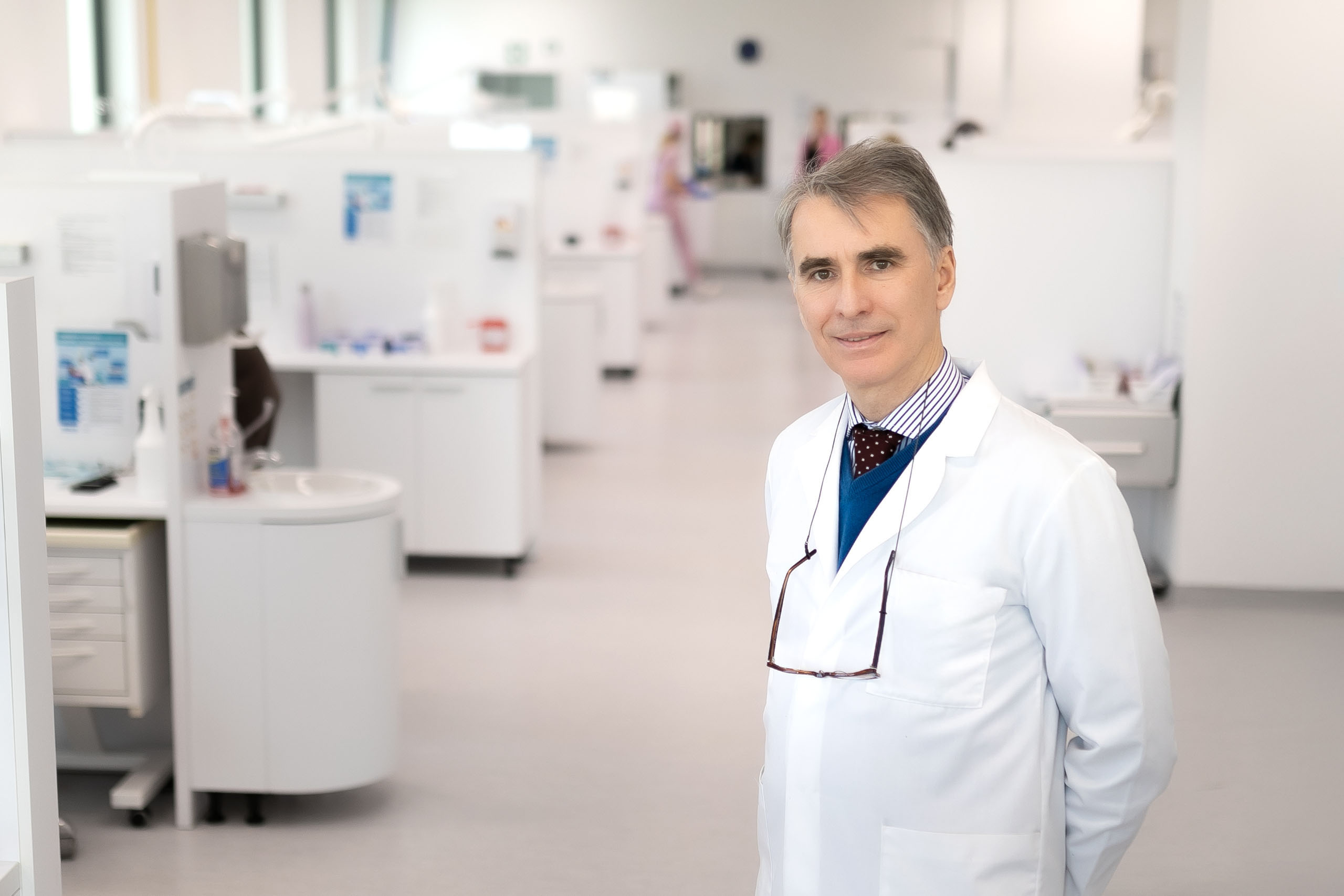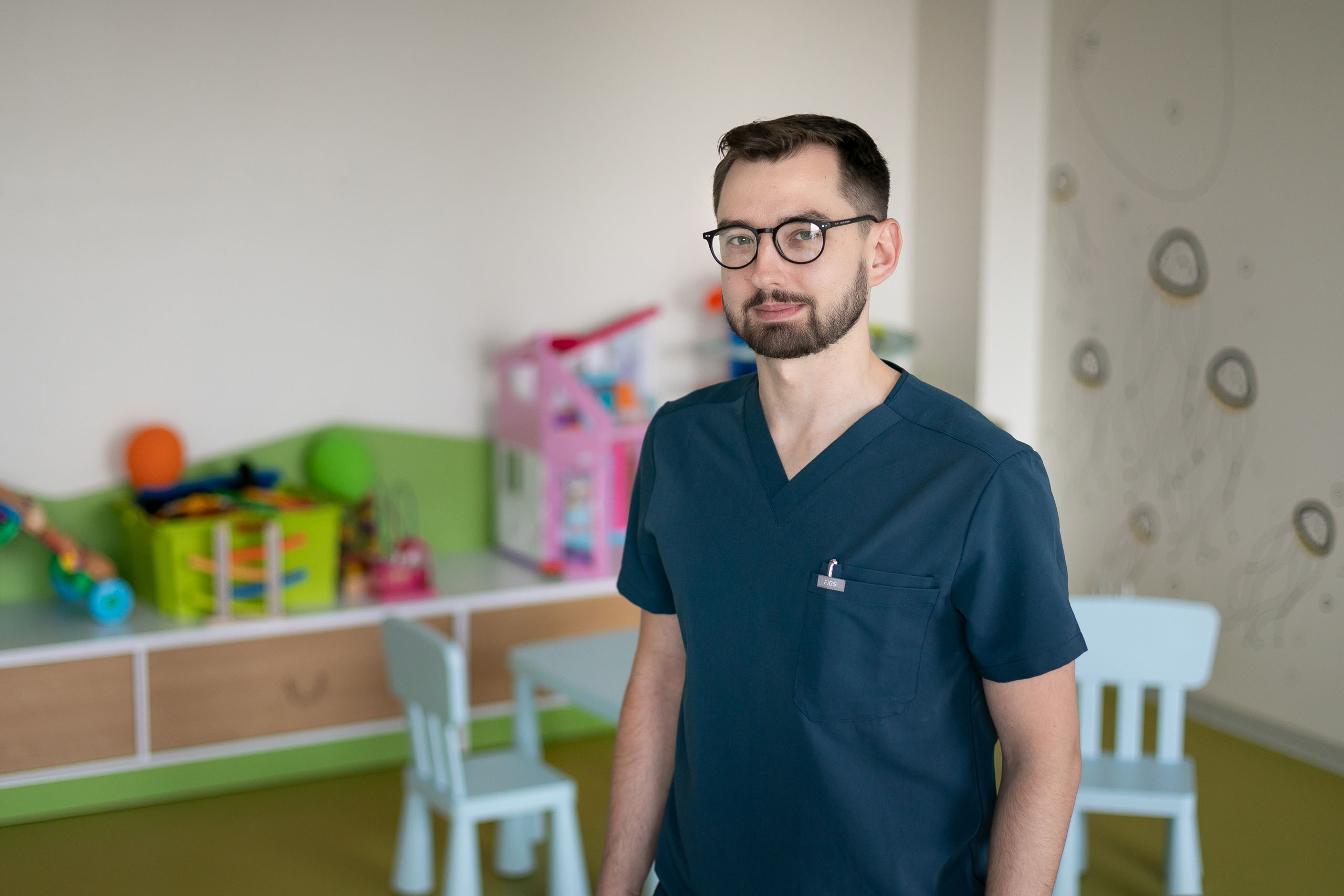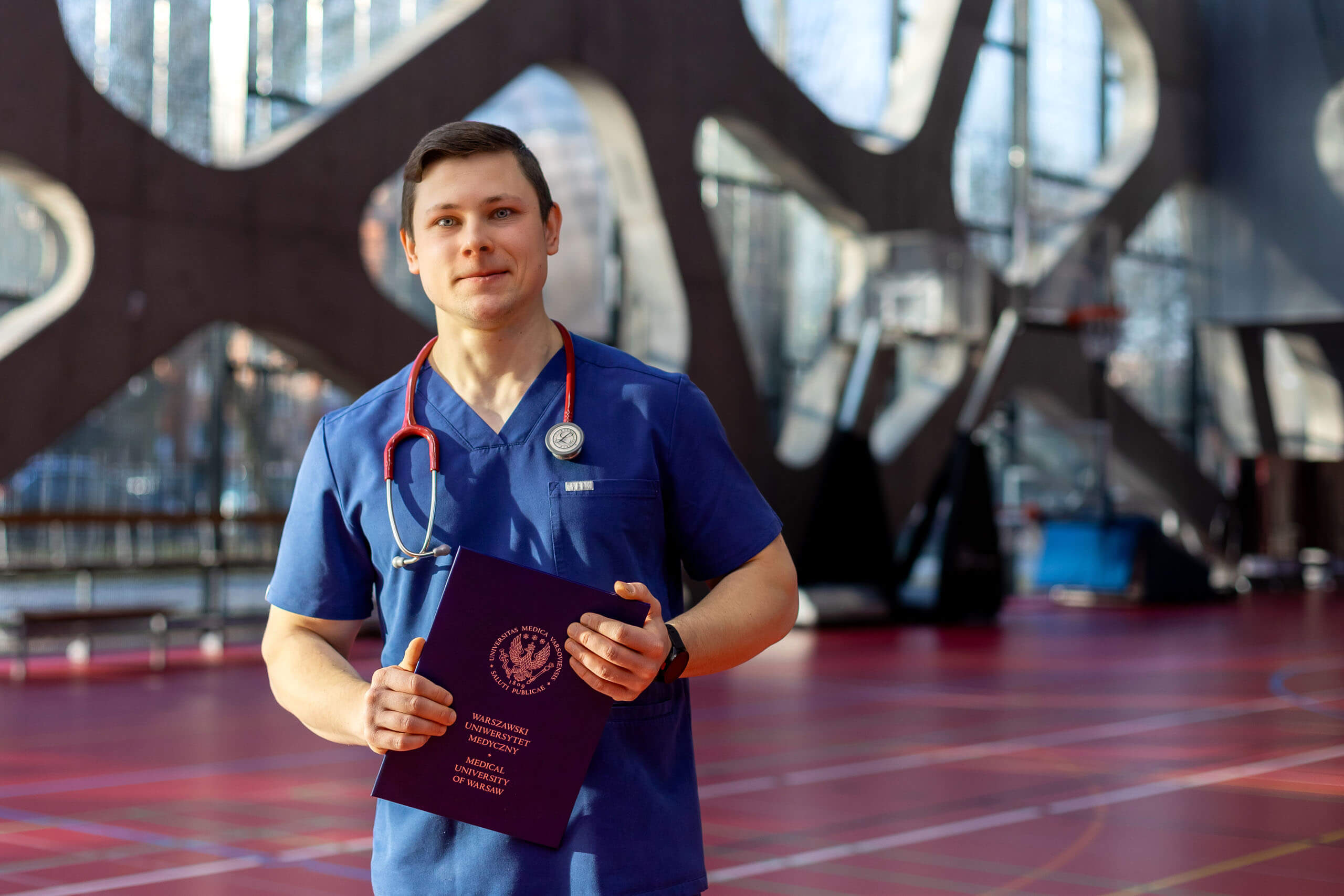Expert Guidance
Wound healing disorders are a serious health problem today, affecting millions of people worldwide. One promising solution in the fight against these disorders is the use of natural biomaterials that can support different stages of the regeneration process. My project aims to develop a new class of keratin dressings enriched with a factor stimulating macrophage colonies. Such colonies will be capable of modulating impaired immune processes observed in chronic wounds, thereby accelerating their healing, writes Dr. Mateusz Rybka from the Department of Experimental Physiology and Pathophysiology at the Medical University of Warsaw.
After over a dozen years of studying urolithin A, which is produced in our gut, MUW scientists have discovered its anti-inflammatory properties, and have come up with the idea of applying it topically on the skin. Several patents have been obtained based on their research – which can now lead to the development of new anti-ageing cosmetics as well as new drugs against skin and mucosa inflammations. Professor Sebastian Granica, Director of the MUW Department of Pharmaceutical Biology and Medicinal Plants Biotechnology, and Professor Jakub Piwowarski, of the MUW Department of Pharmaceutical Microbiology and Bioanalysis, discuss their research and the properties of urolithin A.
Michail Koutentakis is from Greece and has just completed his studies in medicine at the MUW English Division. In Poland, he has found his academic haven as well as the space to grow as a leader, educator, and activist. His commitment to global health, education, and support for the student community has earned him the prestigious 2025 INTERSTUDENT award, given to the best international student in Poland, as well as the title of Global Health Educator.
Can you predict which atheroma will cause a heart attack before the patient even feels chest pain? A dozen years or so ago, this question would sound like medical fantasy, but today, personalized preventive action is becoming the norm. All thanks to the progress in evaluating coronary artery stenoses, and cardiologists applying artificial intelligence and other computer-based methods with ever greater boldness, says Adrian Bednarek, a student of medicine and doctoral student at the 1st Chair and Department of Cardiology, MUW.
Hypercholesterolemia, or excessively high levels of blood cholesterol, remains the most common cardiovascular risk factor in Poland, and yet remains the most poorly controlled one. This may change with the dynamic growth and increasing popularity of lipidology. Jakub Zimodro, fifth-year student of medicine and a doctoral student at the 1st Chair and Department of Cardiology, MUW, discusses the evolving perspectives on the lipid panel and the modern treatments for hyperlipidemia.
Children infected with the hepatitis C virus (HCV) now have access to the most advanced treatment available. This major breakthrough is the result of the PANDAA-PED study, led by Professor Maria Pokorska-Śpiewak of the Department of Pediatric Infectious Diseases at the Medical University of Warsaw. The study demonstrated 100% efficacy of the treatment, confirmed its safety, and showed no adverse effects on children’s development both during and after therapy.
Our daily habits are what affects our hearts the most, and by changing them we can reduce the risk of myocardial infarction by as much as 80%. What to do to get rid of the bad ones and improve our lifestyle when we have been living it for years? We sat down to discuss this with Daniel Śliż, MD, PhD, of the 3rd Department of Internal Medicine and Cardiology at the MUW, and President of the Polish Society of Lifestyle Medicine.
They may not come with clear signs and symptoms initially, but then a moment of crisis comes and inflammation starts to progress. Not easily treatable themselves, periodontal diseases may also increase the risk of other conditions – especially of heart attack and stroke. We sat down with Maciej Czerniuk, MD, PhD, from the Department of Dental Surgery at the MUW University Dental Center, to discuss the relationship between the condition of our oral cavity and our entire body – a relationship that is not obvious to many.
- I myself, although I have been researching this topic for eight years, do not use any probiotics, prebiotics, synbiotics, etc. For me, the evidence of effectiveness is insufficient. On the other hand, the topic itself - an insanely interesting one to study, because there is still a great deal we don't know - we talk about biotics with Dr. Jan Łukasik from the Department of Pediatrics DSK UCK WUM.
Modern science is becoming more and more effective in unlocking the secrets of the human body. Is it possible to assess in advance how efficiently our body will cope with physical exertion? And can such predictions provide a tool for athletes, doctors and coaches? It is this fascinating area of medicine that I am exploring in a study entitled “predictioN mOdels fOr enDurance athLetEs”(NOODLE) - writes Przemysław Kasiak, a medical student and doctoral student in the 3rd Department of Internal Diseases and Cardiology MUW.
